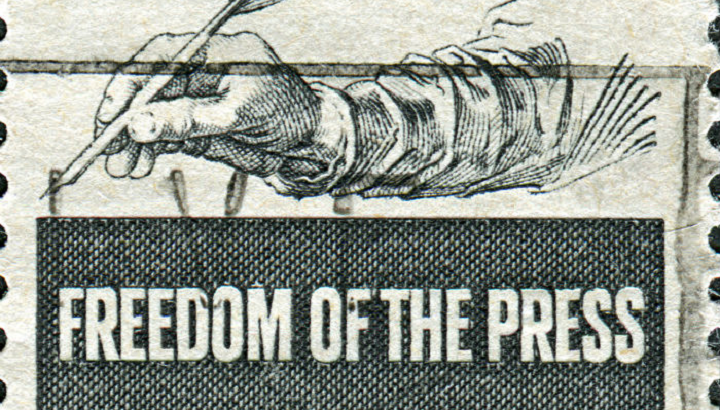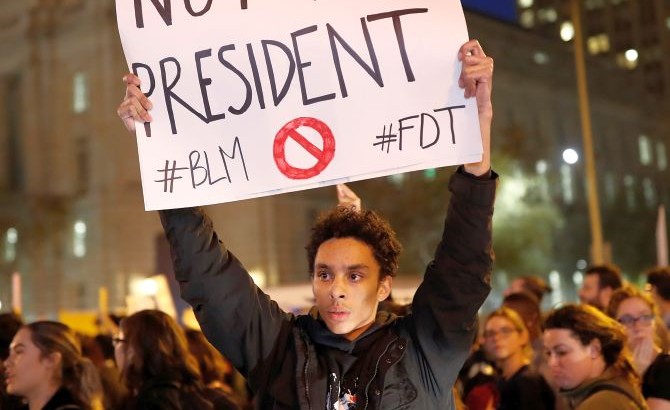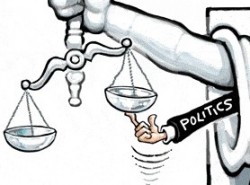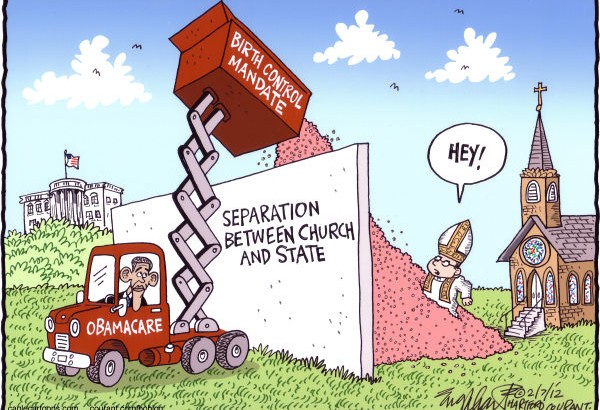This past Sunday, September 17, was the 230th anniversary of the conclusion of the Philadelphia convention of 1787. Upon the conclusion of the convention, as he was leaving “Independence Hall”, the aged Benjamin Franklin was asked, “Well Doctor Franklin, what have you got for us?”, to which he replied, “A republic madam, if you can keep it.” Actually, what he and the other delegates to the convention had given to their fellow Americans and us, their descendants, was a constitutional republic.
Yet, this week, we must ask, “After 230 years, are we still a constitutional republic? Is the Constitution still relevant in our day and time?” To these two questions I would answer with a resounding “No”! Consider the following (with apologies to Jeff Foxworthy):
If the party in power can use secret courts to get an order to wiretap and spy on their opponents with no repercussions, you might not live in a constitutional republic.
If government agencies can plant applications on the computers of reporters who are reporting on governmental malfeasance and tap their phone conversations (e.g., James Rosen and Sharyl Attkinsson), thus violating both the first and fourth amendments, you might not live in a constitutional republic.
If the government records the conversations and all electronic communications of every citizen in massive meta-data fusion centers, again violating the fourth amendment, you might not live in a constitutional republic.
If elected officials constantly create unconstitutional agencies and empower them to act as legislator, executor and judge over your property, business and personal affairs, you might not live in a constitutional republic.
If elected officials listen more to those who fill their campaign coffers instead of their constituents, you might not live in a constitutional republic.
If certain officials in high positions of power use their position to influence policies and negotiations with foreign powers to grossly enhance their financial well-being at the expense of the liberties and security of the rest of the country (e.g., Hilary Clinton), with no fear of prosecution, you might not live in a constitutional republic.
If elected officials and even members of the Supreme Court have no inkling as to the tenets of the Constitution, even mocking it (e.g., Nancy Pelosi’s response regarding the unconstitutionality of “Obamacare”), you might not live in a constitutional Republic.
If the government routinely eschews the limitations imposed upon its authority by Article I, Section 8 of the Constitution, you might not live in a constitutional republic.
I could go on and on with these, but I think it’s a sufficient number that you get the picture. Our elected (and unelected) government officials pay lip service to the Constitution they take an oath to uphold and defend, but they seldom live up to that oath. So, is our Constitution relevant today as to the operation of our national government? I think, sadly, the answer is rather obvious.
-September 22, 2017









